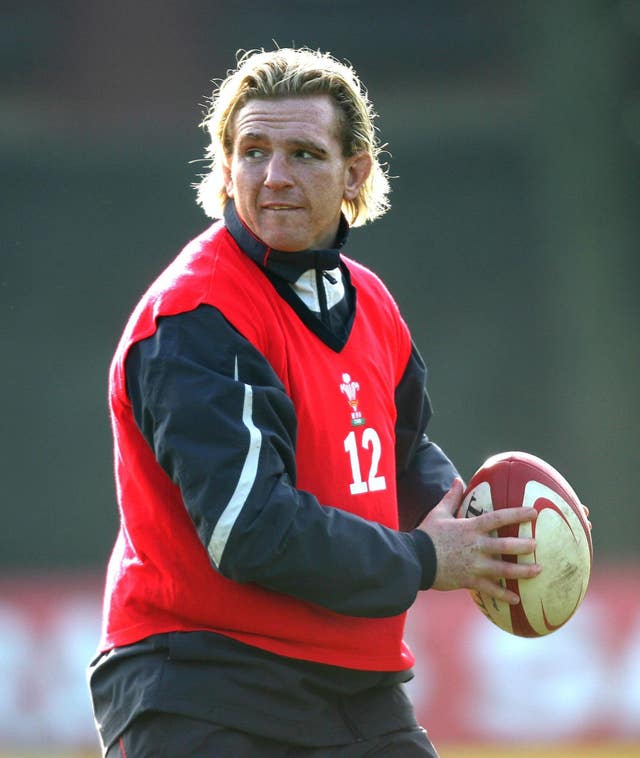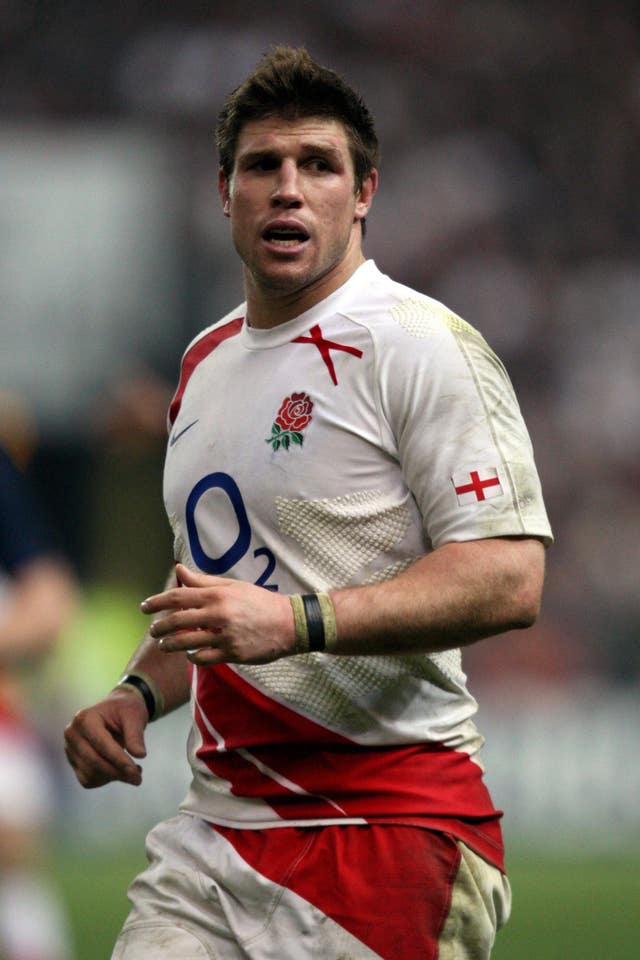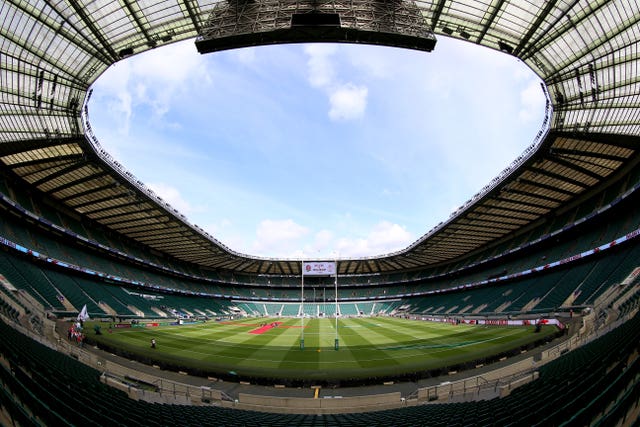A closer look at rugby union’s big issue with concussion
Letter of claim sent to World Rugby, Rugby Football Union and Welsh Rugby Union.

Players suffering from concussion-related health problems, including retired England and Wales rugby union internationals, have formally launched legal action against the game.
Here, the PA news agency looks at the main issues.
What is the background?
One of the players has been diagnosed with having brain injuries and post-concussion symptoms, while the other eight have been diagnosed with traumatic brain injury, early onset dementia and probable CTE (chronic traumatic encephalopathy).
Who are the players involved?

Joining Thompson in the legal fight are 40-year-old former Bath and England flanker Michael Lipman, ex-Wales international Alix Popham (41), 30-year-old ex-Dragons centre Adam Hughes, whose career was ended by a brain injury in 2018, and 44-year-old Neil Spence, an England Under-20 international. Four players have requested privacy at this point.
Is it the tip of the iceberg?

Richard Boardman, of Rylands Law, says that since last week’s announcement about the impending legal action, a further 30 former rugby union players have contacted his firm. Boardman is already representing more than 100 former professional rugby union players in their 20s to 50s, many of whom are showing symptoms associated with neurological complications.
What do the players want done?
The commandments include an acknowledgement that playing professional rugby can lead to CTE and other neurodegenerative diseases; limiting the number of contact sessions in training; better sideline testing; and a more considerate approach to the use of substitutions. Longer term, the players want World Rugby to establish a central database chronicling injury history to provide better after-care for retired players.
What are professional rugby’s current rules?
Considerable strides have been made in recent years. Any player who is concussed or has suspected concussion during a game must be taken off and cannot return.
If the situation is unclear, then an off-field head injury assessment (HIA) is undertaken. This became law five years ago, and a player will either be allowed to rejoin the game after an HIA, or removed, depending on test results. Any concussed player must follow and pass strict, phased return-to-play protocols following a concussion before they can play again.
What happens next?

The letter sets out broad allegations upon which the players’ claims are based. Rylands Law lists 24 failures on the part of World Rugby, RFU and WRU. The governing bodies have a maximum of three months from the date of acknowledgment of the letter of claim to provide their initial responses.
What has been the response?
They added: “We have been deeply saddened to hear the brave personal accounts from former players. Rugby is a contact sport and while there is an element of risk to playing any sport, rugby takes player welfare extremely seriously and it continues to be our number one priority. As a result of scientific knowledge improving, rugby has developed its approach to concussion surveillance, education, management and prevention across the whole game.”





